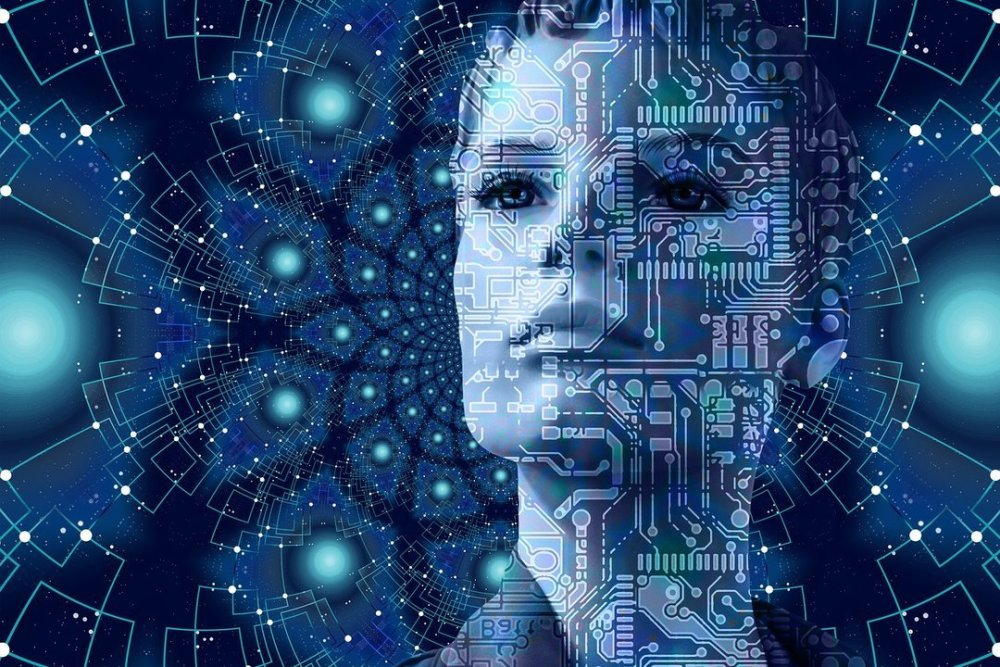Artificial intelligence (AI) is no longer confined to scientific laboratories or science fiction films – it has become a ubiquitous part of the daily lives of millions of people. From voice assistants to social media recommendations, AI works seamlessly yet effectively, simplifying routine tasks and making interactions with technology more intuitive.
One of the most visible manifestations of AI is the voice assistant. Siri, Google Assistant, Alexa, and Yandex’s Alice use natural language processing (NLP) technologies to understand queries, control smart homes, set reminders, and find information. These systems continually learn from user behavior, becoming increasingly personalized.
Recommender algorithms are another ubiquitous example of AI. Netflix, YouTube, Spotify, and even online stores analyze our preferences, viewing history, and behavior to suggest content that is most likely to interest us. This saves time and increases satisfaction, although it can sometimes lead to “information bubbles.”
In transportation, AI powers navigation apps like Google Maps or Yandex.Navigator. They analyze traffic in real time, predict congestion, and suggest optimal routes. Furthermore, automatic braking and road sign recognition systems in modern cars are also based on AI.
Advertising


